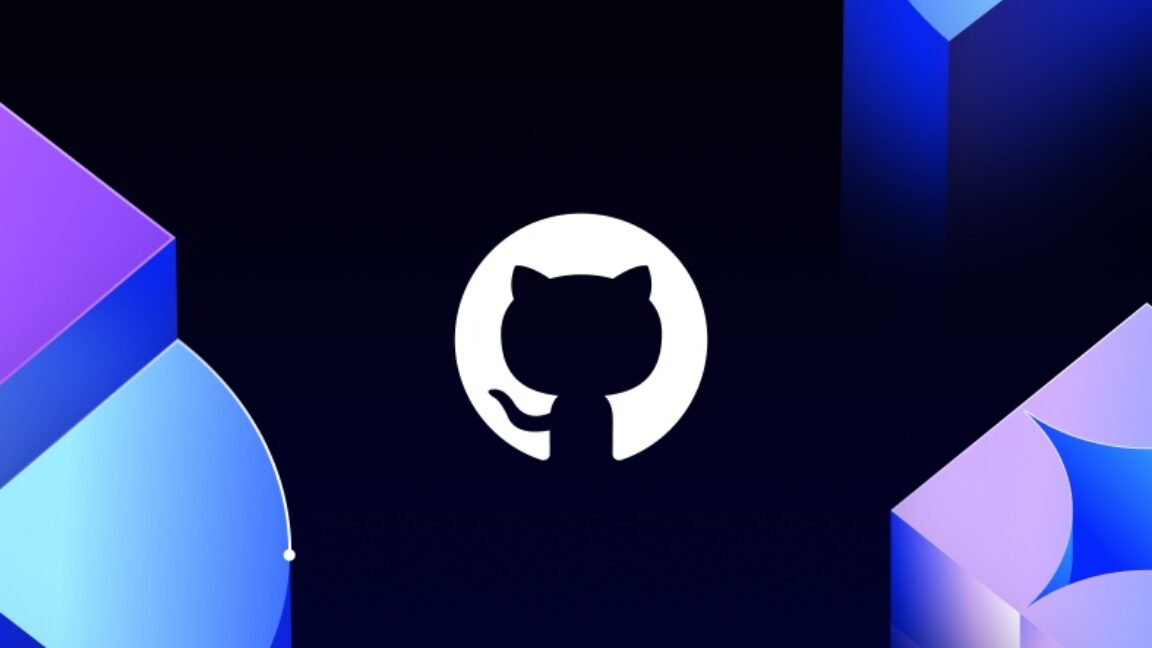GitHub's New Chapter with Microsoft: What to Expect

Microsoft’s acquisition of GitHub in 2018 has been a landmark move in the tech industry. Despite operating independently for a significant period, GitHub is set to experience a deeper integration into Microsoft’s broader organizational framework. This merger reaches a pivotal point as GitHub CEO Thomas Dohmke announces his departure to explore new ventures.
Dohmke's decision marks a new era for GitHub as it joins Microsoft's CoreAI division, which will lead the future strategy of the platform. In an official statement, Dohmke expressed pride in GitHub's achievements under his leadership, maintaining a remote-first, globally-present approach. He has vowed to facilitate a smooth transition until his departure at the end of 2025.
Reports suggest that Microsoft will not directly replace Dohmke. Instead, GitHub's leadership will collaborate with executives within the CoreAI division. This organizational shift is a strategic decision to harness AI advancements and consolidate Microsoft's AI-related initiatives.
GitHub Copilot, an AI-assisted coding innovation, represents this AI push. Since its inception in late 2021, Copilot has evolved with newer language models and features meant to simplify coding through AI. Despite its enhancements, it has encountered challenges such as exposing private repositories and mixed perceptions about its reliability.
Dohmke’s departure and the restructuring may bring changes to GitHub's operational strategy and offerings. However, with a firm focus on integrating under Microsoft's AI umbrella, GitHub aims to propel itself into a future where AI plays an even larger role in software development.



